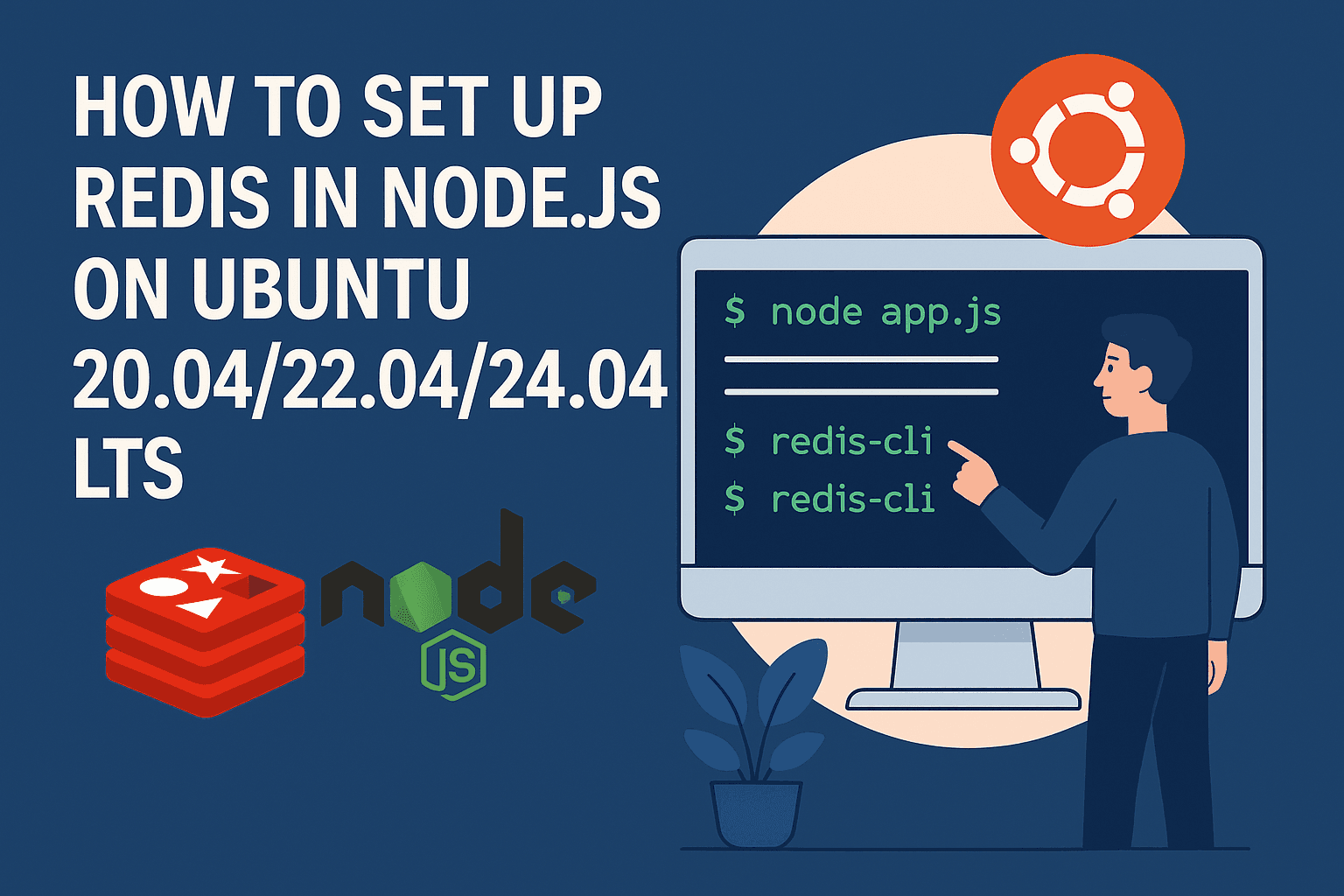React.js & Next.js Explained: Frameworks, Libraries, Hooks & Expert Roadmap (2025 Guide)
Learn why Next.js is the go-to React framework, explore React libraries, deep-dive into hooks, and discover how to build your career in React—including real developer salaries in the U.S. and India.

🚀 Introduction: Why React.js?
React.js, developed by Meta (Facebook), is a JavaScript library for building fast, scalable UIs using reusable components. It dominates front-end development due to its:
Virtual DOM efficiency
Component-based architecture
Strong ecosystem
Large community & hiring demand
🔨 Popular Frameworks Built on React
1. Create React App (CRA)
Barebones setup to kickstart a project
Great for learning and simple SPAs
Not optimized for SEO or SSR
2. Next.js (Recommended)
Built by Vercel
Offers SSR (Server-Side Rendering), SSG (Static Site Generation), ISR (Incremental Static Regeneration)
SEO-friendly, performance-optimized
Built-in routing, API support, and image optimization
Why Choose Next.js?
Ideal for production apps
Out-of-the-box performance
Scalable, with better defaults
Deployed easily on Vercel or custom servers
🧩 Must-Know React.js Libraries & Use Cases
LibraryUse CaseReact RouterClient-side routingAxios/React QueryAPI fetching and cachingRedux / Redux ToolkitGlobal state managementJotai / RecoilLightweight, atomic state managementFramer MotionAnimationsFormik / React Hook FormForms & validationZustand / JotaiSimple alternatives to Redux
🧠 State Management: Redux vs Jotai (and more)
Redux (Redux Toolkit)
Great for large apps with complex state flows
Boilerplate-heavy, but predictable and debug-friendly
Paired with middleware like Redux Thunk or Saga
Jotai
Atomic state management
No boilerplate, easy to learn
Ideal for modern apps needing simplicity
React Context
Good for low-frequency updates (e.g., theme, auth)
Can lead to re-renders if misused
🪝 React Hooks (In Depth)
HookPurposeuseState()Local component stateuseEffect()Side effects (fetching, subscriptions)useContext()Consume React contextuseRef()Persistent mutable valuesuseMemo()Memoize calculationsuseCallback()Memoize functionsuseReducer()Alternative to useState, useful for complex logicuseLayoutEffect()Like useEffect but runs earlieruseImperativeHandle()Customize instance value exposed to parent with refuseTransition()Keep UI responsive during state transitions (React 18+)useDeferredValue()Delay re-renders for performance tuninguseId()Stable unique ID across server/client
🧭 How to Grow in React.js
Master the Fundamentals
JS ES6+, DOM, JSX, state, props, events
Learn Advanced Patterns
Render props, HOCs, compound components
Understand Performance Optimization
React.memo, code splitting, lazy loading
Explore the Ecosystem
Routing, forms, state tools, testing (
Jest,React Testing Library)
Contribute to Open Source or Build Real Apps
Get Familiar With Backend or Headless CMSs
For fullstack experience (e.g., Next.js API routes, Firebase, Strapi)
Learn TypeScript With React
💰 React & Next.js Developer Salary (2025)
CountryExperienceAvg Monthly SalaryUSA2–4 years$6,000–$9,000 (~₹5–7.5L)USA5+ years$10,000+ (~₹8L+)India2–4 years₹70,000–₹1.5LIndia5+ years₹2L–₹4L+
(Freelancers & remote roles may earn more depending on client/location.)
✅ Conclusion
React.js is still one of the most valuable skills in 2025. If you're just starting, focus on building strong fundamentals and practice by building apps. Once you're confident, embrace Next.js for performance and scalability, explore modern state tools like Jotai, and never stop experimenting.
Pro Tip: Try to replicate production patterns in your side projects. Build blogs, eCommerce, dashboards, and deploy them.
Share this article
Admin User
Admin User
Related Posts

How to Set Up Redis in Node.js on Ubuntu 20.04/22.04/24.04 LTS
Learn how to install and configure Redis with Node.js on Ubuntu 20.04, 22.04, or 24.04 LTS. This step-by-step guide ensures high-performance caching and data storage for your Node.js apps.

The Enduring Importance of Data Structures & Algorithms
In an age where AI seems to handle everything from chatbots to complex simulations, the fundamentals of Data Structures & Algorithms (DSA) remain the cornerstone of every efficient, scalable, and innovative software solution. Here’s why, even in 2025, DSA skills are non-negotiable for any developer aiming to thrive.

Average Salaries in India (2025) for Developers & Designers Based on Experience
Planning a career in tech or design? This detailed guide breaks down the average salary in India for developers (Node.js, Java, Python, Django) and designers based on experience—from fresher to 4+ years.

Ubuntu 24.04 LTS Installation Guide for Any PC – From BIOS to Developer Setup
Want to install Ubuntu 24.04 LTS on your PC? This universal guide covers BIOS setup, swap memory recommendations, partitioning, and essential post-install commands for all systems.
